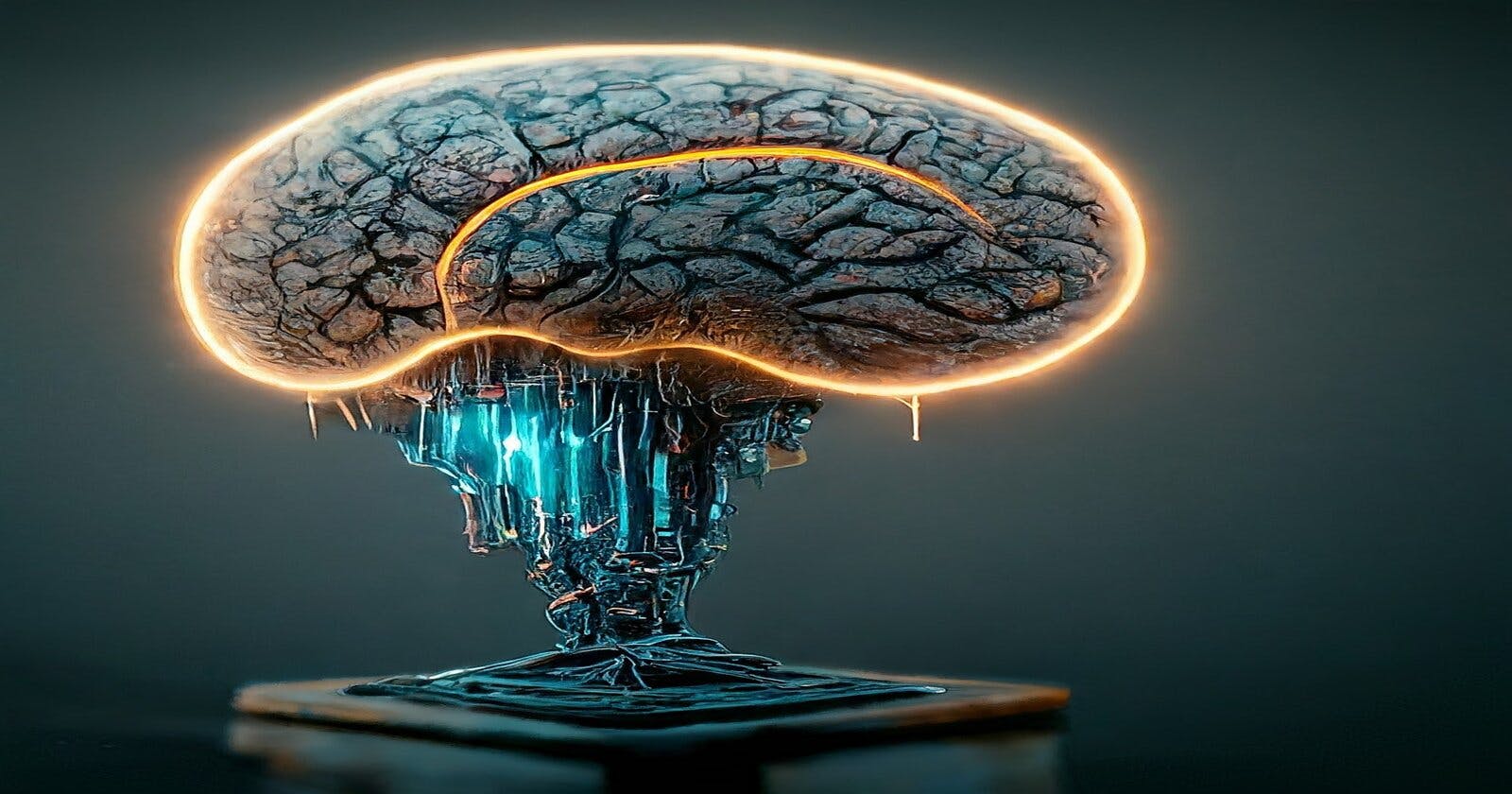Artificial intelligence (AI) has gone from the realm of science fiction to a ubiquitous presence in our daily lives. From the moment you wake up and check your phone powered by AI algorithms to the personalized recommendations you receive while shopping online, AI is silently shaping the world around us. But what exactly is AI, and how is it impacting our lives?
AI Explained:
Imagine a machine that can learn and adapt, solve problems, and even make decisions based on the information it receives. That's essentially what AI is. It's a broad field encompassing different approaches, including machine learning, deep learning, and natural language processing. These techniques enable machines to perform tasks that were once thought to be exclusively human, like recognizing faces, translating languages, and composing music.
The Everyday Impact of AI:
AI is already woven into the fabric of our daily lives in countless ways. Here are just a few examples:
Personalized experiences: From streaming services suggesting shows you might enjoy to online stores recommending products you might need, AI personalizes your online interactions.
Improved healthcare: AI helps doctors analyze medical images, diagnose diseases, and even develop personalized treatment plans.
Smarter transportation: Self-driving cars and traffic management systems powered by AI are paving the way for a safer and more efficient transportation future.
Enhanced communication: AI-powered virtual assistants like Siri and Alexa understand your voice commands and help you with tasks like setting reminders and making calls.
Looking Ahead:
The potential applications of AI are vast and constantly evolving. From tackling climate change to exploring space, AI holds the promise to revolutionize many aspects of our world. However, it's important to remember that AI is a tool, and like any tool, it can be used for good or bad. We need to have open and transparent discussions about the ethical implications of AI and ensure that it is developed and used responsibly for the benefit of all.
Ready to learn more?
This blog post is just a starting point. If you're curious about exploring AI further, here are some resources:
Websites: OpenAI, Google AI, MIT Technology Review
Books: Superintelligence by Nick Bostrom, Artificial Intelligence: A Modern Approach by Stuart Russell and Peter Norvig
Documentaries: AlphaGo, The Age of AI
Remember, AI is not something to fear, but rather a powerful tool with the potential to make our lives better. By understanding its capabilities and limitations, we can shape the future of AI responsibly and ensure it benefits everyone.
What are your thoughts on AI? Share your comments below!
